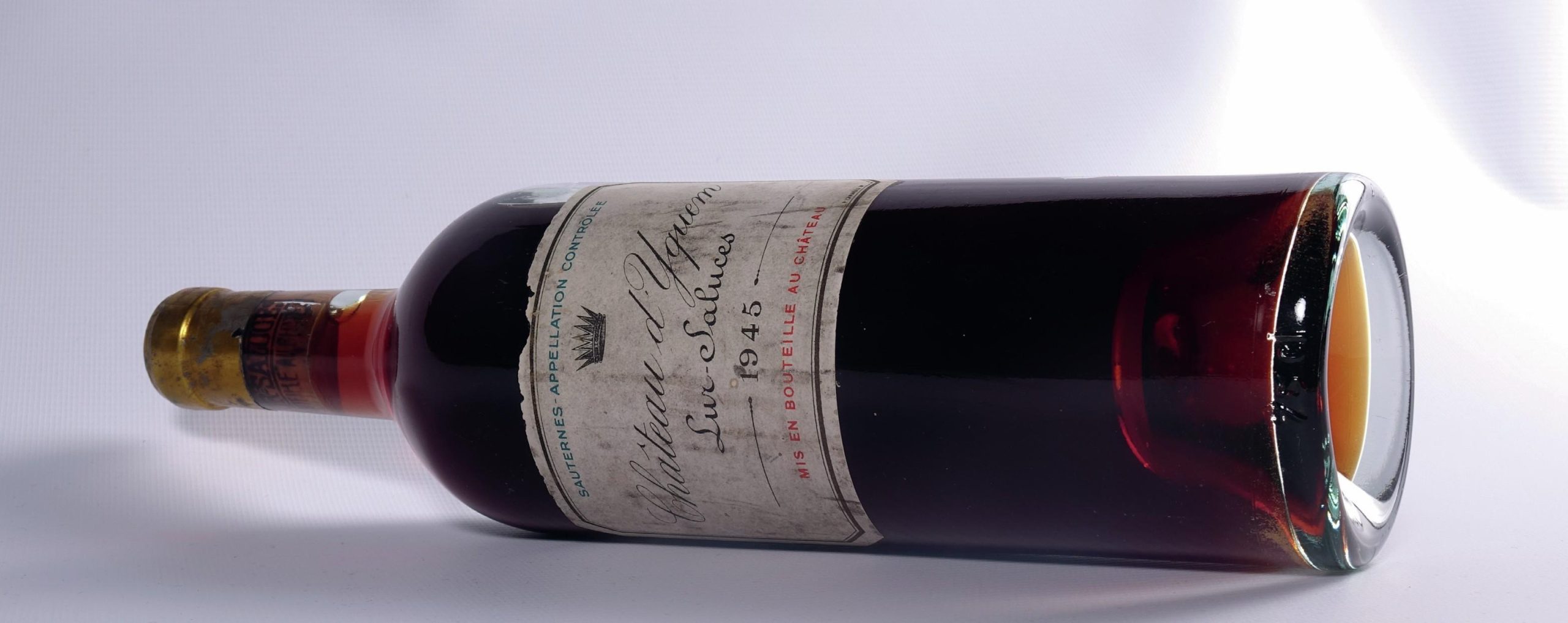Argentine exports to enter period of ‘solid growth’
Argentina’s economy is “poised for a period of solid growth” that will extend to the wine trade following the elimination of the country’s export tax and devaluation of the Peso, Rabobank analysts have predicted.
In its Q1 Winery Quarterly, Rabobank has predicted the recovery of the Argentine economy, which it believes will give the wine industry a “fresh lease of life” following years of an artificially inflated peso that has prevented producers from being competitive in global markets.
Renewed optimism has been prompted by a number of changes made by the country’s newly elected president Mauricio Macri. Sworn in on 11 December last year, Macri almost immediately eliminated the country’s 5% tax on exports which caused the Argentine peso to fall 35% in value relative the the US dollar overnight.
Previously, Argentine exporters had battled inflation of over 30% with the value of its currency kept artificially high by its government. This meant that exporters did not benefit from exchange rates making exporting anything but premium wines increasingly unprofitable.
The scrapping of its export tax and devaluation of the peso, according to Argentine consulting firm Economi y Regiones, allowed Argentina’s competitiveness in the global market to increase by 50% overnight, making exporters more profitable.
“We view this as the start of the recovery phase of the cycle”, read Rabobank’s report, “and if it is anything like past recoveries, it will likely be dramatic. More so than others, the Argentine economy has historically be probe to cycles of dramatic decline, followed by rapid recovery. While all economies experience certain levels of cyclicality, the roller coaster of peaks and valleys in Argentina has historically been more intense and the contrast is particularly notable when compared to Chile, its closest neighbour to the west. Given the historical trends, we believe that the Argentine economy is now poised for a period of solid growth, and we expect this to be reflected in its wine export trends.”
Partner Content
While the changes will help put Argentina on a level playing field with its key competitors, its lack of free trade agreements with key markets will play a role in limiting its success compared to its competitors. Both Chile and Australia benefit from free trade agreements in Japan and Australia.
“International competition has also been intensifying, and the positioning of many of Argentina’s key competition has also changed in recent years. Chile – a major competitor for Argentina – has become a much more motivated seller in recent years”, the report said. “Over the past four years, Chile has seen its inventories of wine available for sale increase by nearly 38%.”
While increased flexibility on pricing presents an opportunity for Argentine exporters, Rabobank analysts warned that this will have to be managed in order to “avoid undermining the long-term premium positioning of the brand and the overall category”.
“Currency moves are volatile, but pricing moves are often more permanent”, the report concluded. “Excessive pricing moves may allow for windfall profits today, but could create headaches in the long run.”




